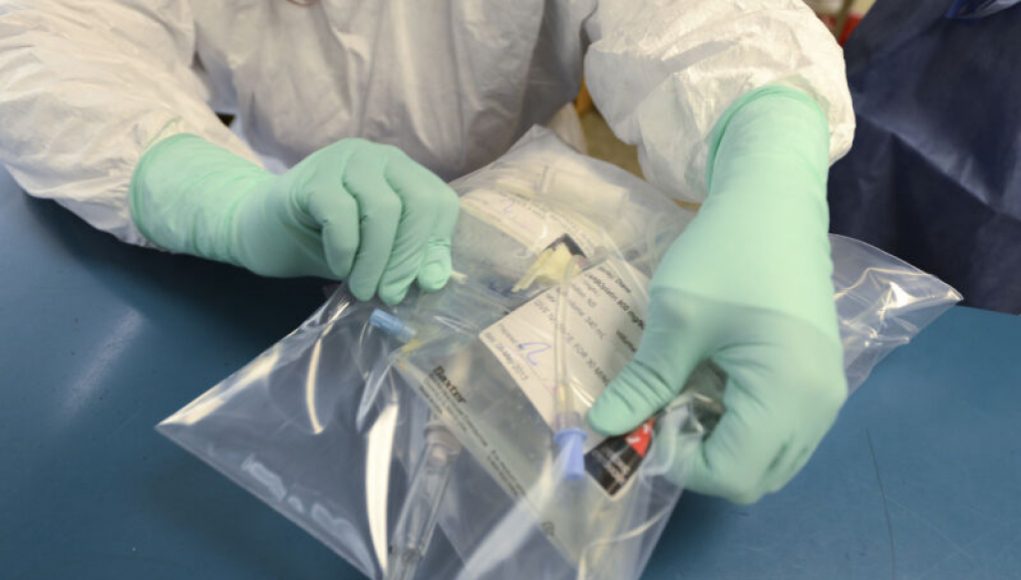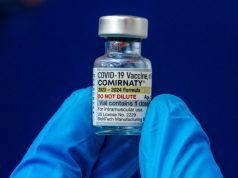The US is facing a cancer drug shortage that is leaving patients with a terrifying reality. Many are going undertreated or even untreated due to a dire shortage of cheap, generic platinum-based cancer drugs. These drugs are used to treat various cancers in hundreds of thousands of US patients each year, including lung, breast, bladder, ovarian, testicular, endometrial, and head and neck cancers. Despite being one of the wealthiest countries in the world, US doctors are being forced to ration the cisplatin and carboplatin drugs. This means prioritizing cancer patients who have a shot at being cured over patients at later stages. However, even those with curable cancers may not get a full dose, with some only receiving 80 percent or 60 percent of standard doses. Doctors are unsure how these partial doses will affect patient outcomes, leaving many patients wondering if they could have received a full dose and potentially been cured.
The shortage was triggered by a drug manufacturing facility owned by Intas Pharmaceuticals in Ahmedabad, India, which supplied around half of the generic cisplatin and carboplatin in the US. Inspectors found egregious violations, including laboratory and quality control problems. The plant was voluntarily shut down, and the shortage is not expected to end quickly. Even if the most immediate problems are solved, the long-term, foundational cracks in the generic drug industry will likely remain.
The situation is dire, with oncologists across the country forced to ration drugs and use alternative treatments that may or may not work and can have more severe side effects. The shortage is affecting cancer patients in every state, leaving many wondering if they will receive the treatment they need to survive. It’s a heartbreaking reality that highlights the need for a more robust and reliable drug supply chain.
As the US grapples with a major shortage of lifesaving cancer drugs, doctors are being forced to make difficult decisions regarding rationing these essential medications. While hundreds of thousands of cancer patients rely on these drugs, with one third of all medications used to treat the disease in short supply, doctors are being forced to prioritize patients and ration drugs accordingly.
The scarce supply has been attributed to several factors, including manufacturing problems, limited production, and Covid-19 shutdowns. As the situation worsens, health care providers are facing extremely difficult choices regarding the limited supply of life-saving drugs such as chemotherapy and immunotherapy.
Derline Auguste, a doctor at Northwell Health’s medical oncology practice in New Hyde Park, NY, is one of those making those difficult decisions. In a recent interview, she explained, “When you’ve had a patient go through four chemo drugs and one has a shortage, what do you do?” Auguste went on to explain that she has had to ration drugs to some of her patients in order to ensure other patients can receive them.
In response to this crisis, the US Food and Drug Administration (FDA) has taken a number of steps to ensure access to cancer treatments, such as allowing drug manufacturers to manufacture previously approved, but unapproved, drugs. While this is a step in the right direction, experts are warning that it may not be enough to alleviate the current shortage of lifesaving drugs.
The lack of access to necessary cancer medications is a devastating and difficult reality for many cancer patients. It is clear that additional measures are needed in order to ensure adequate access to these lifesaving treatments.




















